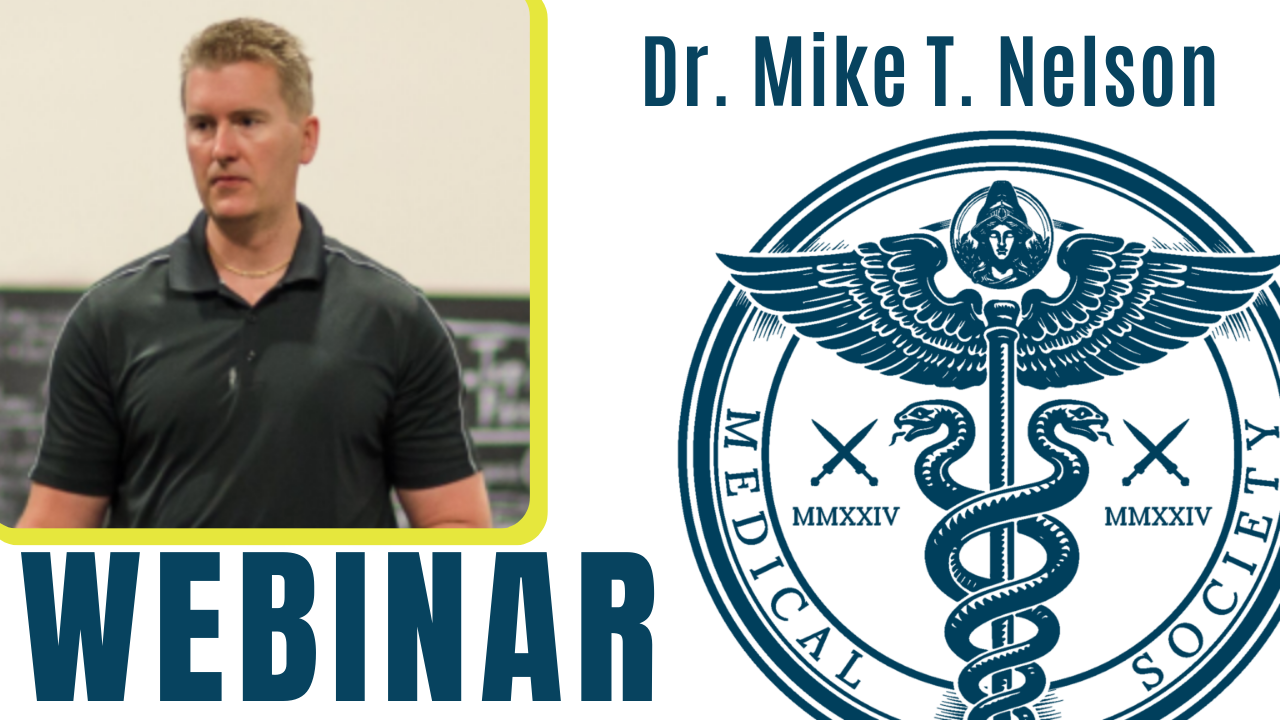In March 2020, while still serving as CrossFit CEO, Greg Glassman deliverd a version of a talk he had delivered during grand rounds at medical schools around the country. Greg Glassman divides various common causes of death into five categories: chronic, microbic, genetic, kinetic, or toxic.
The chronic disease category includes conditions such as obesity, heart disease, diabetes, stroke, hypertension, and kidney disease. Microbic deaths are caused by things like ebola, malaria, and SARS-CoV-2, the virus behind the COVID-19 outbreak. The genetic category includes conditions such as Tay-Sachs and cystic fibrosis, kinetic examples include car crashes and falls, and the toxic category includes deaths caused by nerve agents, snake bites, and botulism, for example.
Pointing to the chronic disease category, Glassman notes, “This is about 86% of our medical spend on our runaway medical expenditure. It’s 86% of spend, 80% of deaths.” The other four categories receive 14% of spend and represent 20% of deaths.
Glassman points out that we have the solution to the chronic disease side, “And the solution here is what? It’s get off the couch, get off the carbs.”
Glassman insists sedentarism and excessive consumption of refined carbohydrates are not related to lifestyle. Instead, he says, they are “two pathological behaviors, two deleterious, extremely damaging behaviors that were choices.”
“The solution here — it’s behaviorally driven and it will be behaviorally cured or it will be medically babysat,” Glassman says.
Turning his attention to the COVID-19 crisis, Glassman explains, “What has happened is that the SARS-CoV-2 virus, which is the agent — the virus responsible for COVID-19, the illness, has escaped the microbic bucket and landed in the chronic disease bucket and has essentially started a trashcan fire with a precipitation of death, to mix metaphors.”
Glassman attributes the potency of the illness to comorbidities, the simultaneous presence of one or more chronic diseases in the patients affected. “I see these as chronic disease deaths,” he says.
Greg Glassman founded CrossFit, a fitness revolution. Under Glassman’s leadership there were around 4 million CrossFitters, 300,000 CrossFit coaches and 15,000 physical locations, known as affiliates, where his prescribed methodology: constantly varied functional movements executed at high intensity, were practiced daily. CrossFit became known as the solution to the world’s greatest problem, chronic illness.
In 2002, he became the first person in exercise physiology to apply a scientific definition to the word fitness. As the son of an aerospace engineer, Glassman learned the principles of science at a young age. Through observations, experimentation, testing, and retesting, Glassman created a program that brought unprecedented results to his clients. He shared his methodology with the world through The CrossFit Journal and in-person seminars. Harvard Business School proclaimed that CrossFit was the world’s fastest growing business.
The business, which challenged conventional business models and financially upset the health and wellness industry, brought plenty of negative attention to Glassman and CrossFit. The company’s low carbohydrate nutrition prescription threatened the sugar industry and led to a series of lawsuits after a peer-reviewed journal falsified data claiming Glassman’s methodology caused injuries. A federal judge called it the biggest case of scientific misconduct and fraud she’d seen in all her years on the bench. After this experience Glassman developed a deep interest in the corruption of modern science for private interests. He launched CrossFit Health which mobilized 20,000 doctors who knew from their experiences with CrossFit that Glassman’s methodology prevented and cured chronic diseases. Glassman networked the doctors, exposed them to researchers in a variety of fields and encouraged them to work together and further support efforts to expose the problems in medicine and work together on preventative measures.
In 2020, Greg sold CrossFit and focused his attention on the broader issues in modern science. He’d learned from his experience in fitness that areas of study without definitions, without ways of measuring and replicating results are ripe for corruption and manipulation.
The Broken Science Initiative, aims to expose and equip anyone interested with the tools to protect themself from the ills of modern medicine and broken science at-large.
Support the Broken Science Initiative.
Subscribe today →
recent posts
Metabolic Flexibility to Burn Fat, Get Stronger, and Get Healthier
Expanding Horizons: Physical and Mental Rehabilitation for Juveniles in Ohio


